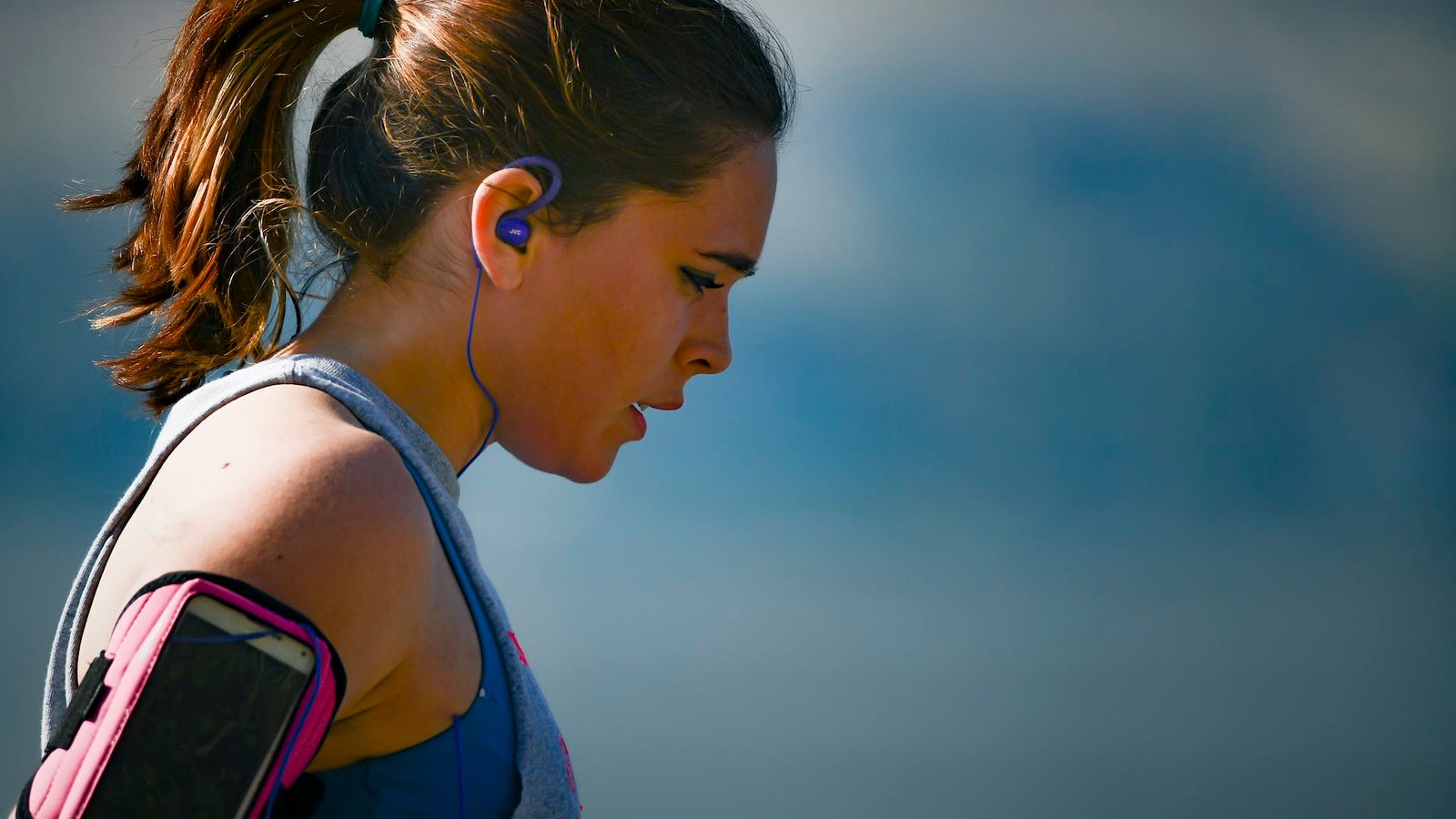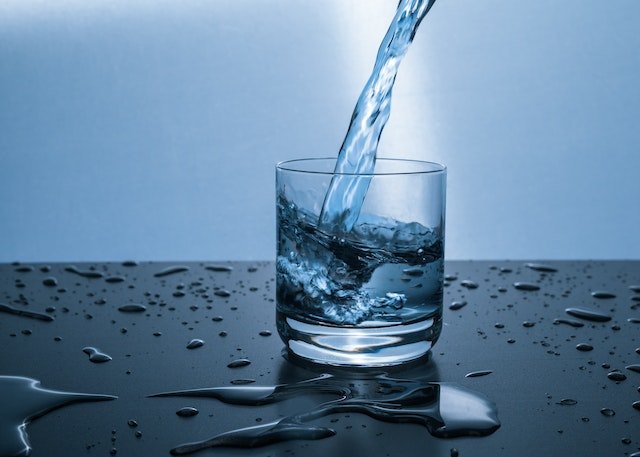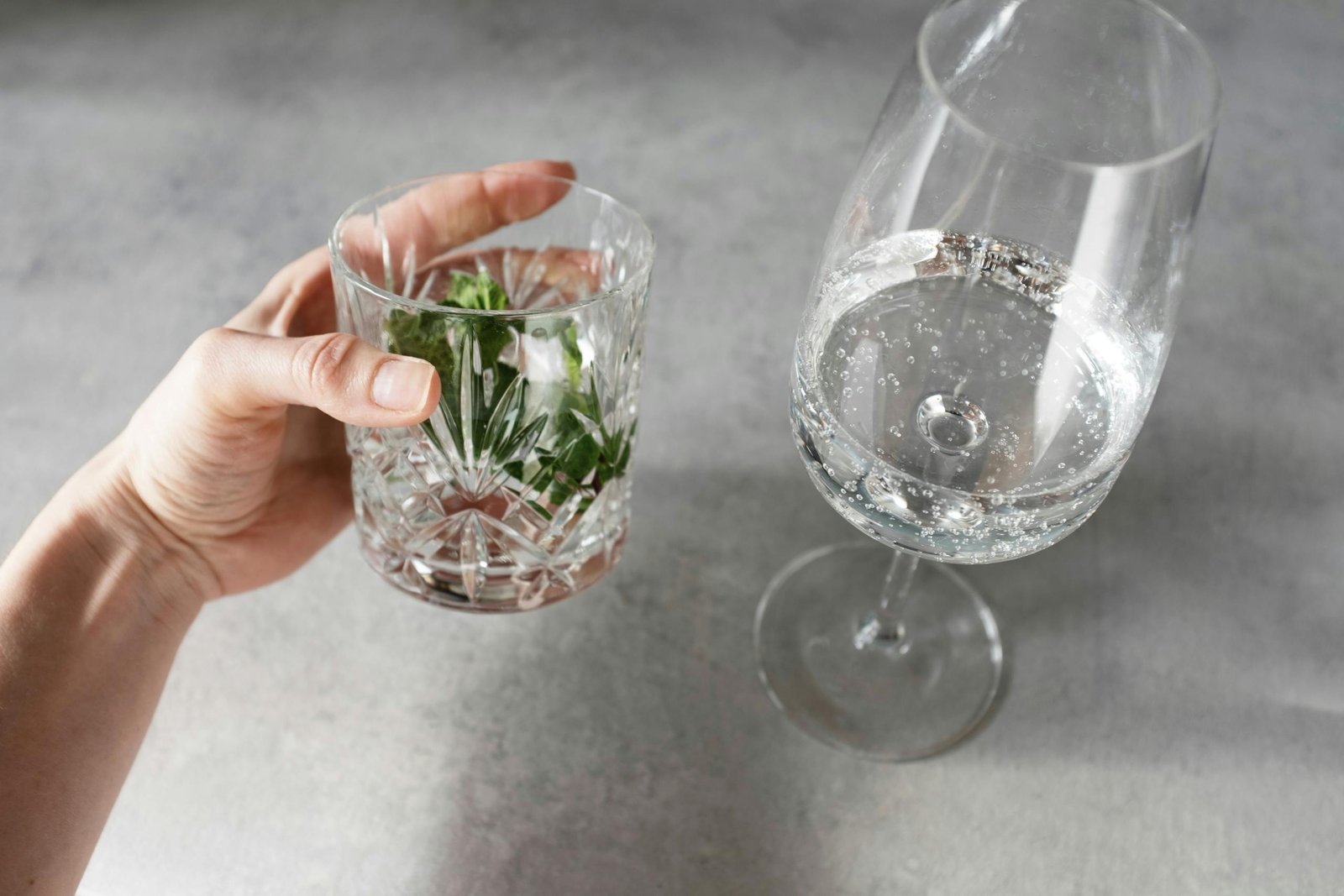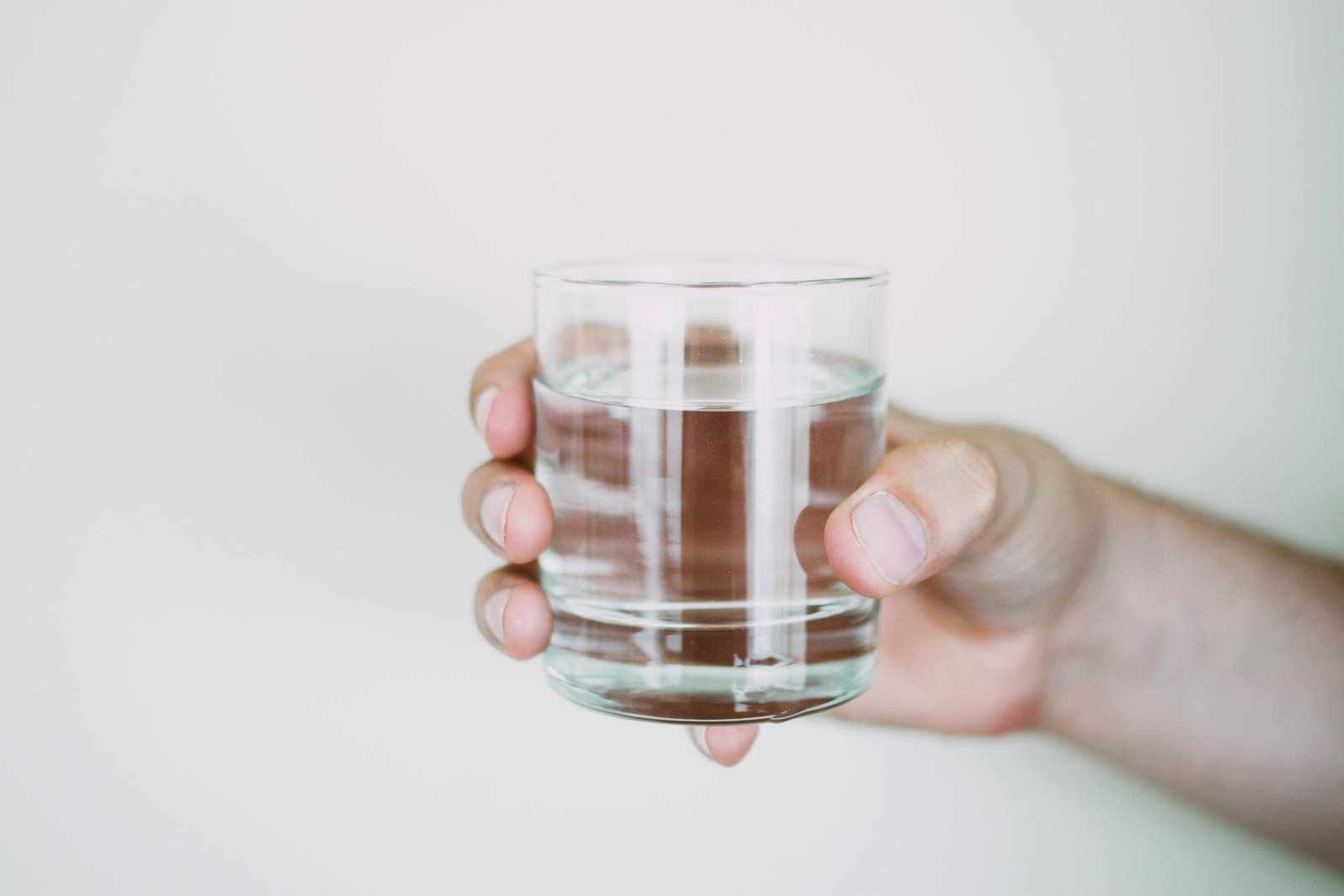Tips for Hydrating During and After a Workout
There are some affiliate links below, but they are all products I highly recommend. For more info, view my disclosure here.
Looking to maximize your workout performance? Hydrating properly is key! In this article, we’ll share tips on how to keep yourself hydrated during and after your workouts.
Discover the importance of hydration, the best times to drink water, strategies for high-intensity workouts, and essential post-workout hydration tips.
We’ll also highlight common hydration mistakes to avoid.
Stay tuned to optimize your exercise routine and replenish your body’s fluid levels effectively.
Importance of Hydration During a Workout
During your workout, it’s crucial to stay hydrated to maintain optimal performance and prevent dehydration. When you exercise, your body sweats to regulate its temperature, which can lead to fluid loss. This fluid loss can cause a decrease in blood volume and make your heart work harder to pump oxygen to your muscles. To avoid this, make sure to drink plenty of water before, during, and after your workout.
When you’re working out, you mightn’t feel thirsty, but it’s still important to drink water regularly. Aim to drink about 8-10 ounces of water every 15-20 minutes during your workout. If you’re exercising intensely or for a longer period, you may need to drink even more. Listen to your body and drink when you feel the need.
Hydration isn’t only important for maintaining performance but also for preventing dehydration. Dehydration can lead to fatigue, dizziness, muscle cramps, and even heat exhaustion. By staying hydrated, you can avoid these negative effects and keep your body functioning at its best.
Best Times to Hydrate During Your Exercise Routine
Make sure to hydrate at the most optimal times throughout your exercise routine. Hydration is crucial to keep your body functioning properly and to maximize your performance during workouts. The best times to hydrate are before, during, and after your workout.
Before you start your exercise routine, it’s important to drink water to ensure that your body is adequately hydrated. This will help prevent dehydration and improve your overall performance. Aim to drink about 16 to 20 ounces of water at least two hours before your workout.
During your workout, it’s essential to drink water regularly to replace the fluids you lose through sweat. Take small sips of water every 15 to 20 minutes to stay hydrated. If you’re engaging in intense or prolonged exercise, consider drinking a sports drink that contains electrolytes to replenish the minerals lost through sweating.
After your workout, it’s crucial to hydrate to aid in recovery and replenish the fluids lost during exercise. Drink water or a sports drink within 30 minutes of finishing your workout to help your body recover faster and prevent muscle cramps.
Hydration Strategies for High-Intensity Workouts
To maintain optimal performance during high-intensity workouts, it’s important to focus on your hydration strategies. When you’re pushing your body to its limits, you’re not just losing energy but also water through sweat. It’s crucial to replenish the fluids lost to avoid dehydration and its negative effects on your performance.
Start by hydrating before your workout. Drink about 16 to 20 ounces of water a few hours before your session.
During your high-intensity workout, aim to consume about 7 to 10 ounces of water every 10 to 20 minutes. This will help replace the fluids your body is losing and prevent dehydration. If your workout lasts longer than an hour, consider incorporating a sports drink to replenish electrolytes.
After your workout, don’t forget to rehydrate again. Drink about 20 to 24 ounces of water for every pound lost during exercise.
Essential Post-Workout Hydration Tips
Don’t forget to replenish your body with fluids after your workout to ensure proper hydration and recovery. Hydrating after exercise is just as important as hydrating during your workout. When you exercise, your body loses water through sweat, and it’s crucial to replace those lost fluids to avoid dehydration. Drinking water or sports drinks helps restore your body’s fluid balance and aids in the recovery process.
After your workout, aim to drink at least 16-20 ounces of fluid for every pound of body weight lost during exercise. This will help replenish your body’s water stores and prevent any negative effects of dehydration. It’s also recommended to consume fluids that contain electrolytes, such as sodium and potassium. These electrolytes play a vital role in maintaining proper muscle function and regulating fluid balance.
In addition to fluids, refueling your body with a post-workout snack or meal is also essential for optimal recovery. Pairing your fluids with a source of carbohydrates and protein helps replenish glycogen stores and repair muscle tissue. Good options include a banana with a glass of chocolate milk, a protein shake, or a balanced meal with lean protein and complex carbs.
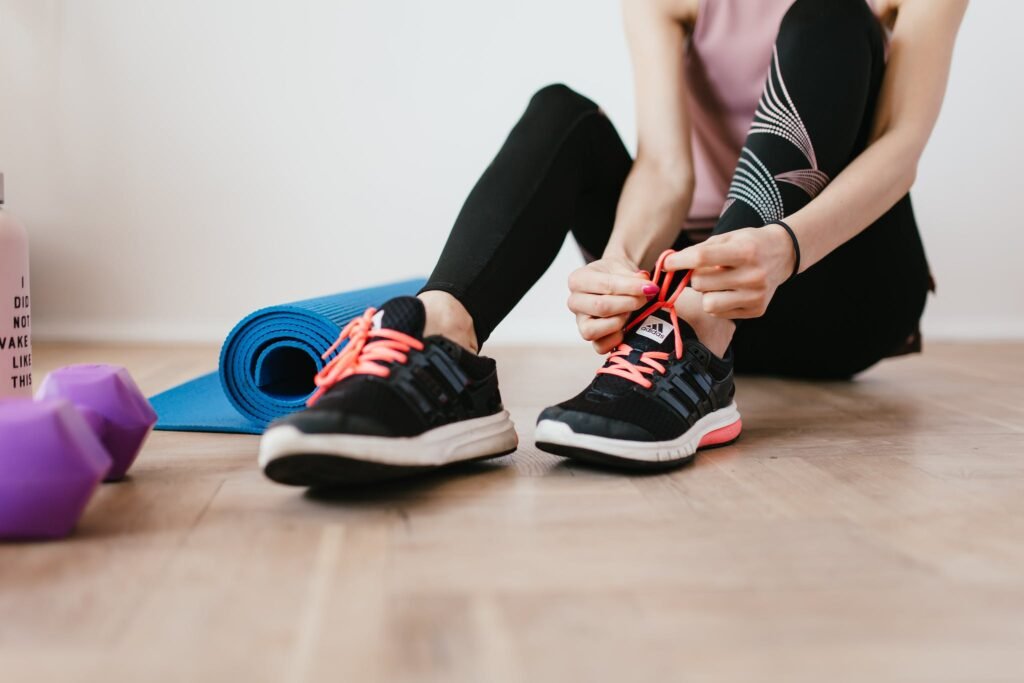
Hydration Mistakes to Avoid After Exercising
Avoiding hydration mistakes is crucial after exercising, so be sure to replenish your body with fluids to support proper recovery.
One common mistake people make isn’t drinking enough water post-workout. Your body loses a significant amount of water through sweat during exercise, and failing to replace it can lead to dehydration. Make it a habit to drink water immediately after your workout to rehydrate and help your body recover.
Another mistake to avoid is relying solely on sports drinks. While these drinks can be beneficial for replenishing electrolytes, they often contain high levels of sugar and calories. Opt for water or coconut water instead, which provide hydration without the added sugars.
Be mindful of drinking alcohol after exercising. Alcohol is a diuretic, which means it can increase urine production and lead to dehydration. Save the celebratory drink for later, and focus on hydrating with water or electrolyte-rich beverages.
Don’t forget to listen to your body. Thirst is a clear sign that you need to drink more water, so pay attention to your thirst cues and drink accordingly.


